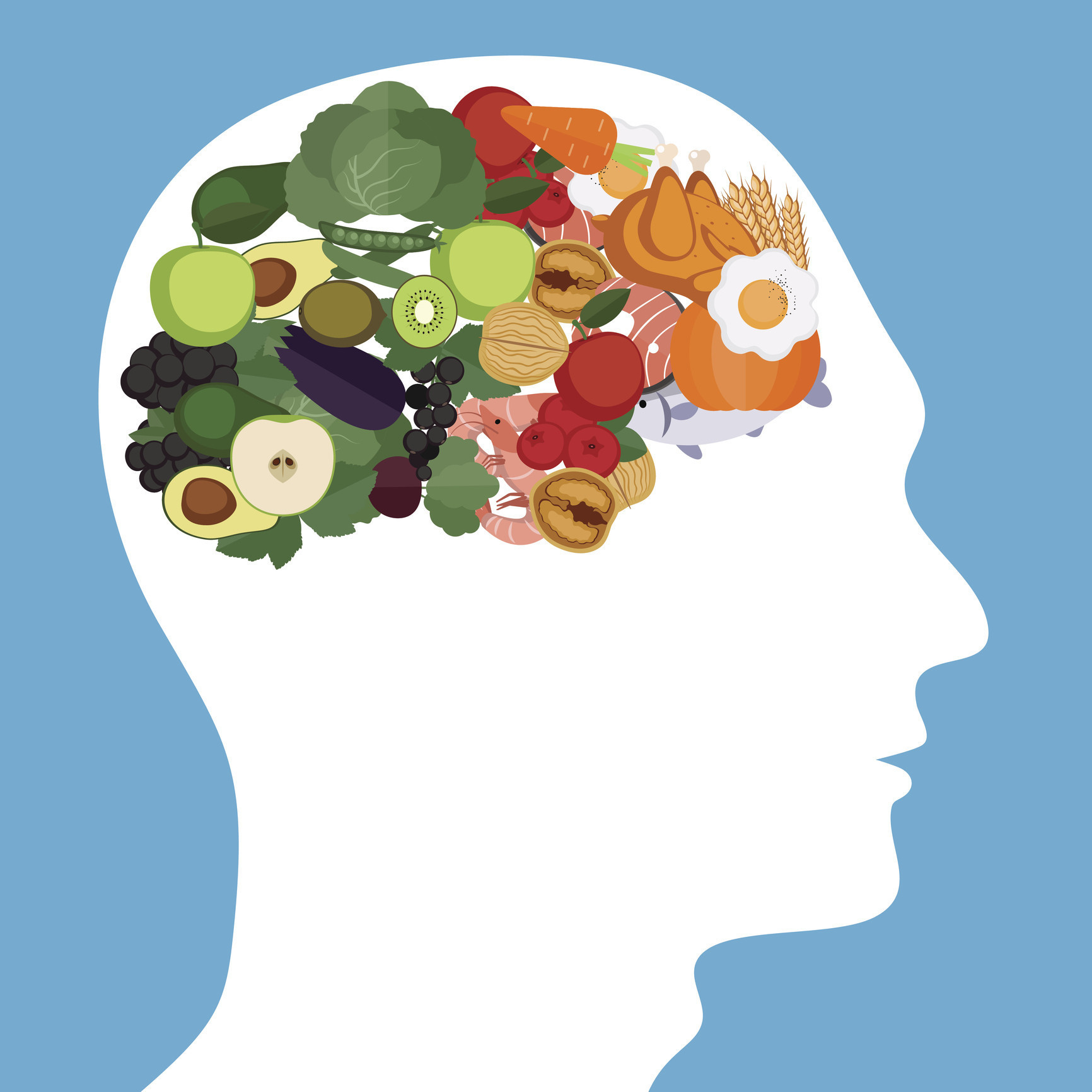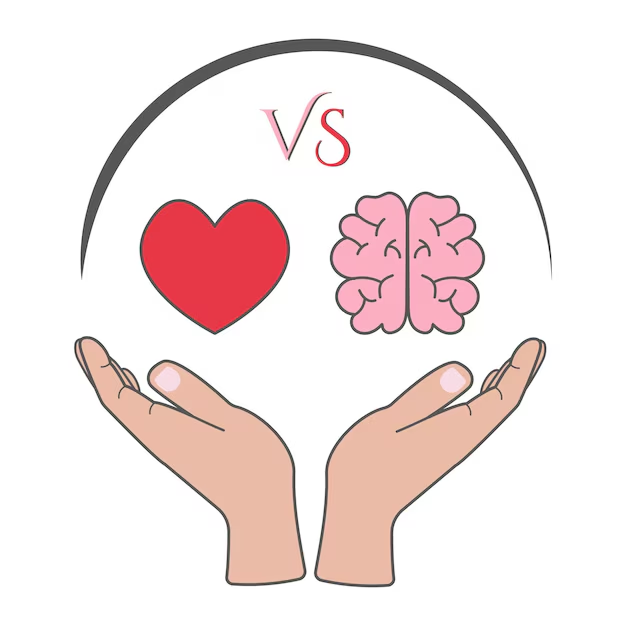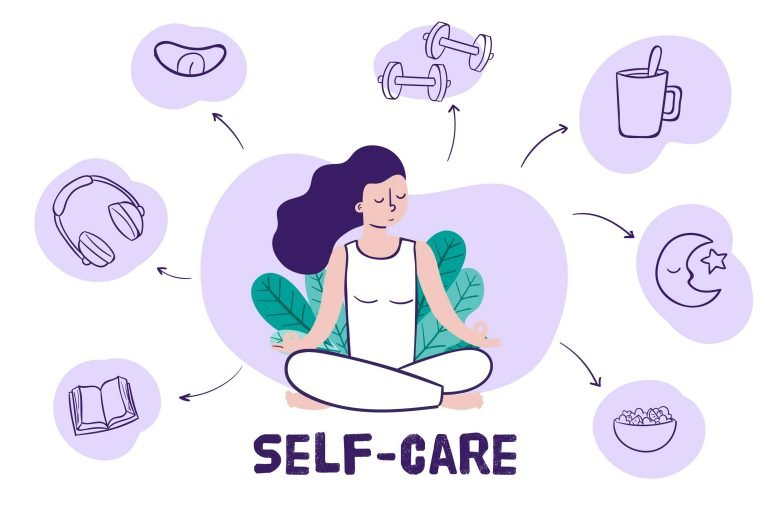Understanding Mind Over Matter
The concept of "mind over matter" suggests that our thoughts and beliefs can influence our physical experiences and overall well-being. While it doesn't imply superhuman abilities, it emphasizes the power of our mental state to shape our perception of reality and our capacity to cope with adversity. This is supported by research in areas like placebo effects and the impact of positive thinking on health outcomes. [Mindfulness and resilience are intertwined](https://greatergood.berkeley.edu/topic/resilience).
Why Mental Strength Matters in 2025
Several factors contribute to the growing importance of mental resilience:
- Information Overload: The sheer volume of information we're exposed to daily can lead to cognitive fatigue and anxiety.
- Constant Connectivity: The pressure to be always "on" and responsive can blur the lines between work and personal life, increasing stress levels.
- Societal Pressures: Economic uncertainty, social comparisons, and unrealistic expectations can negatively impact mental health.
- Technological Advancements: While technology offers many benefits, it can also contribute to isolation and a sense of detachment from the real world.
- Global Instability: Political and environmental uncertainties can create a pervasive sense of anxiety and insecurity.
Practical Guidance: Cultivating Mental Resilience
1. Mindfulness and Meditation
Mindfulness involves paying attention to the present moment without judgment. Regular meditation practice can help reduce stress, improve focus, and increase self-awareness. Start with just 5-10 minutes a day and gradually increase the duration as you become more comfortable. There are many guided meditation apps and resources available online. [Learn more about mindfulness here](https://www.mindful.org/what-is-mindfulness/).
2. Cognitive Restructuring
Cognitive restructuring involves identifying and challenging negative or unhelpful thought patterns. When faced with a challenging situation, ask yourself: Is this thought based on facts or assumptions? Is it helpful or harmful? Can I reframe it in a more positive or realistic way? Techniques like journaling can aid in cognitive restructuring.
3. Emotional Regulation
Emotional regulation refers to the ability to manage and control your emotions in a healthy way. This doesn't mean suppressing emotions, but rather learning to recognize them, understand their triggers, and respond to them effectively. Practices like deep breathing exercises and progressive muscle relaxation can help regulate emotions in the moment.
4. Building a Strong Social Support Network
Having strong relationships with family, friends, and colleagues can provide a buffer against stress and adversity. Make an effort to connect with others regularly and cultivate meaningful relationships. Seek support when you need it and offer support to others.
5. Prioritizing Physical Health
Physical and mental health are closely intertwined. Regular exercise, a balanced diet, and adequate sleep are essential for maintaining mental well-being. Aim for at least 30 minutes of moderate-intensity exercise most days of the week. Avoid processed foods, excessive caffeine, and alcohol. Prioritize getting 7-8 hours of sleep per night.
6. Setting Realistic Goals
Unrealistic expectations can lead to disappointment and stress. Set achievable goals that are aligned with your values and priorities. Break down large goals into smaller, more manageable steps. Celebrate your progress along the way.
7. Practicing Gratitude
Gratitude involves focusing on the positive aspects of your life. Regularly expressing gratitude can boost your mood, increase happiness, and reduce stress. Keep a gratitude journal, write thank-you notes, or simply take a few moments each day to appreciate the good things in your life.
8. Time Management Techniques
Effective time management can reduce stress and increase productivity. Prioritize tasks, delegate when possible, and avoid multitasking. Use tools like calendars, to-do lists, and project management software to stay organized. The Pomodoro Technique is an excellent method to boost focus and efficiency.
9. Limiting Exposure to Negative Influences
Be mindful of the information you consume and the people you surround yourself with. Limit exposure to negative news, social media, and toxic relationships. Seek out positive and uplifting influences that support your mental well-being.
10. Developing Problem-Solving Skills
Effective problem-solving skills can help you navigate challenges with greater confidence and resilience. When faced with a problem, identify the root cause, brainstorm potential solutions, evaluate the pros and cons of each solution, and choose the best course of action. Seek input from others if needed.
Long-Term Considerations for Sustained Mental Strength
Regular Self-Assessment
Mental health is an ongoing journey, not a destination. Regularly assess your mental and emotional state. Pay attention to changes in your mood, energy levels, and sleep patterns. If you notice persistent symptoms of stress, anxiety, or depression, seek professional help.
Maintaining Healthy Boundaries
Setting and maintaining healthy boundaries is crucial for protecting your mental energy and preventing burnout. Learn to say "no" to requests that are not aligned with your priorities or that would compromise your well-being. Communicate your boundaries clearly and assertively.
Adapting to Change
Change is inevitable. Developing the ability to adapt to change is essential for long-term mental resilience. Embrace new challenges as opportunities for growth and learning. Be flexible and willing to adjust your plans as needed.
Continuing Education and Personal Development
Invest in your personal and professional development. Learning new skills, pursuing hobbies, and engaging in activities that stimulate your mind can enhance your sense of purpose and well-being.
Seeking Professional Support
There is no shame in seeking professional help for mental health challenges. Therapists, counselors, and psychiatrists can provide valuable support and guidance. If you are struggling, reach out to a mental health professional or a trusted friend or family member. [SAMHSA's National Helpline is a great resource](https://www.samhsa.gov/find-help/national-helpline).
Here's a table summarizing key mental health statistics in 2025 (hypothetical based on current trends):
| Statistic | Value (Estimated) | Source (Hypothetical) |
|---|---|---|
| Percentage of adults experiencing anxiety disorders | 25% | National Institute of Mental Health Projections, 2025 |
| Percentage of young adults (18-25) experiencing major depression | 18% | American Psychiatric Association Forecasts, 2025 |
| Increase in telehealth mental health services utilization since 2020 | 150% | Telehealth Industry Report, 2025 |
| Average number of hours per week spent on social media by adolescents | 12 hours | Pew Research Center Study on Adolescent Technology Use, 2025 |
| Correlation between mindfulness practice and reduced stress levels (self-reported) | -0.6 (Strong Negative) | Journal of Applied Psychology, Meta-Analysis, 2025 |
FAQ: Mind Over Matter and Mental Resilience
- Q: Is "mind over matter" just wishful thinking?
- A: No, it's about consciously directing your thoughts and actions to positively influence your experience. While it doesn't negate physical limitations, it leverages the power of mindset to enhance resilience and coping mechanisms.
- Q: How long does it take to develop mental strength?
- A: There's no fixed timeline. It's an ongoing process that varies depending on individual circumstances and commitment to practicing mental resilience techniques. Consistency is key.
- Q: Can anyone learn to be mentally strong?
- A: Yes, mental strength is a skill that can be developed through conscious effort and practice. It requires self-awareness, commitment, and a willingness to challenge negative thought patterns.
- Q: What if I've experienced trauma? Can I still develop mental resilience?
- A: Absolutely. While trauma can present unique challenges, it's possible to heal and build resilience. Seeking professional therapy or counseling is highly recommended in these situations.
- Q: Are there any downsides to focusing on "mind over matter"?
- A: It's important to maintain a balanced perspective. "Mind over matter" shouldn't be used to deny or suppress genuine emotions or physical limitations. It's about enhancing resilience, not ignoring reality.
Disclaimer: This information is for informational purposes only and does not constitute medical or psychological advice. If you are experiencing significant mental health challenges, please consult a qualified healthcare professional.
Sources:
- American Psychological Association. (n.d.). Building your resilience. Retrieved from [https://www.apa.org/topics/resilience](https://www.apa.org/topics/resilience)
- Greater Good Science Center at UC Berkeley. (n.d.). Resilience. Retrieved from [https://greatergood.berkeley.edu/topic/resilience](https://greatergood.berkeley.edu/topic/resilience)
- Mindful.org. (n.d.). What is mindfulness?. Retrieved from [https://www.mindful.org/what-is-mindfulness/](https://www.mindful.org/what-is-mindfulness/)
- SAMHSA's National Helpline. (n.d.). Retrieved from [https://www.samhsa.gov/find-help/national-helpline](https://www.samhsa.gov/find-help/national-helpline)





